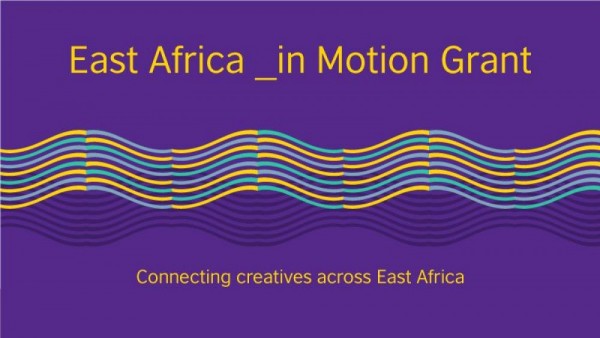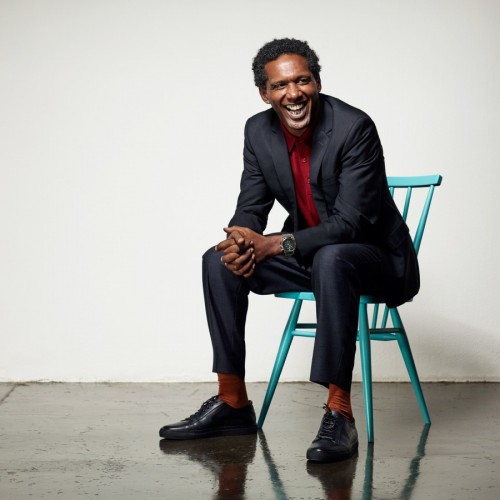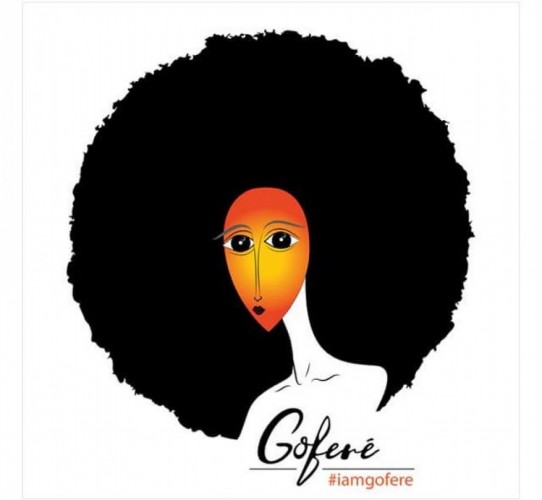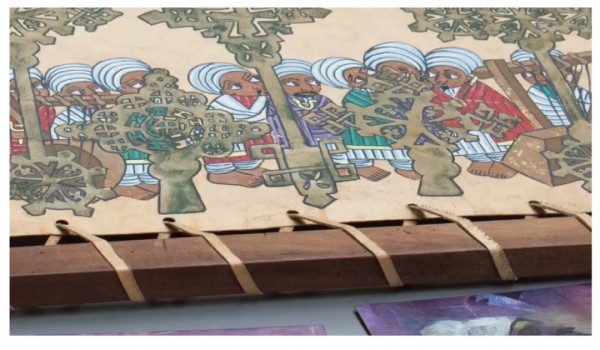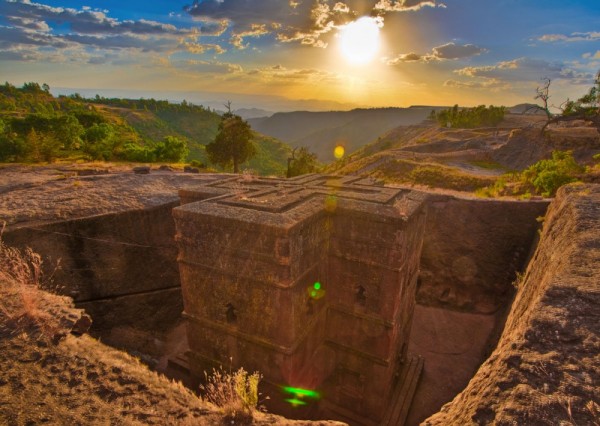Interesting Facts About Ethiopian Coffee
Interesting Facts About Ethiopian Coffee
Words: Marian Dodds
Coffee in the morning; coffee and a catch up with old friends; going for coffee with your new hot date – we drink coffee morning, day and night with friends, business associates and lovers. You have only to walk down the nearest high street and note the number of coffee chains to realise the extent of our love affair with our favourite caffeinated beverage.
Whether you favour espresso, americanos, lattes or cappuccinos; iced, decaf, instant or filter – International Coffee Day is the day to savour and appreciate your beverage.
To Celebrate International Coffee day here are some interesting facts about Ethiopian Coffee:
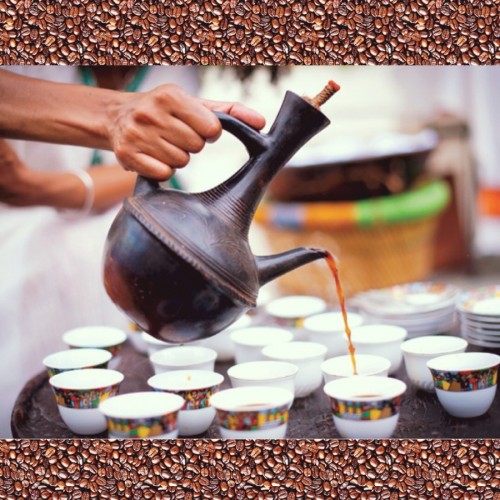 |
# 1: Ethiopia is where coffee was first discovered
Coffee Day also marks the long history of the drink: the properties of coffee beans are thought to have first been discovered in Ethiopia. The beans are actually the pits found in the coffee berry or cherry. The story goes that a 9th century goat herder named Kaldi noticed their stimulating effects on his goats and began experimenting.
#2: The “coffee ceremony” is core to Ethiopian culture and hospitality
Coffee ceremony is a strong cultural tradition throughout Ethiopia. Important events are opened with a coffee ceremony. As well, people traditionally gather together over coffee to just enjoy conversation on a regular basis. Cafes will have an ongoing ceremony where one can enjoy a small cup any time.
#3: Starbucks and Oxfam had a “dust-up” over trademarking Sidamo Coffee
“The conflict began in March 2005, when Ethiopia filed with the U.S. Patent and Trademark Office to trademark the names of three coffee-producing regions: Yirgacheffe, Harrar and Sidamo.”
Eventually Oxfam got involved in supporting the Ethiopians and there was some rumbling about a boycott of Starbucks. Starbucks backed off. Ethiopia has trademarked Harrar, Sidamo and Yirgachaffe and offers royalty free licensing agreements to those wanting to distribute these specialty coffees, with the hope that branding will increase demand and raise prices to benefit farmers.
#4: No Starbucks here but Kaldi’s coffee shops abound in Addis Ababa
The story goes that an Ethiopian woman approached Starbucks to set up a franchise and was told they were not interested. She set up her own shop, naming it Kaldi’s after the original discoverer of the coffee bean and she now has her own very successful chain of coffee bars in the capital city. The difference between Kaldi’s and Starbucks is that Kaldi’s has attentive and efficient table service and a very popular car service as well as a cafe menu featuring breakfasts, sandwiches, burgers, a big selection of cakes and ice cream. Staff in smart green aprons serve all the usual coffee variations (latte, cappuccino, Americano, machiato, espresso, etc.) but they are made exclusively with Ethiopian coffee.
#5: In 2008 the Ethiopia commodities market began trading in coffee
For four decades coffee had been sold at auction but for the last four years, since 2008, coffee has been traded on the commodities exchange (ECX). While the new system seems to still have some kinks to iron out, it is making progress, especially in the more lucrative specialty coffee markets that have the greatest potential to increase profits for the farmers.
A woman named Elani Gebre-Mahdin (PhD.) is the CEO of the Ethiopia Commodities Exchange (ECX).


